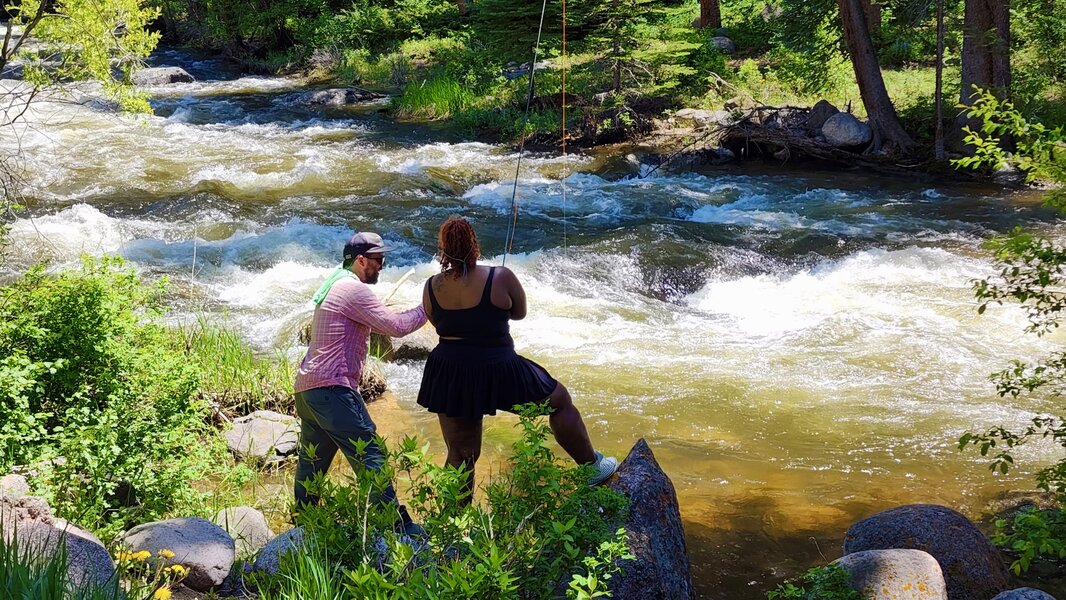In recent years, the narrative surrounding outdoor recreation has shifted, emphasizing that the outdoors should be accessible to all, not just a privileged few. Historically, access to parks, trails, and natural landscapes has been limited by socioeconomic, racial, and geographic barriers, leading to significant disparities in who can enjoy these public resources.
Advocates argue that outdoor spaces are vital for physical health, mental well-being, and community building. However, systemic inequalities have prevented many marginalized groups from experiencing these benefits. Urban areas often lack sufficient green spaces, and existing parks may be located far from underserved communities, making access difficult without transportation or resources.
Efforts are underway to address these disparities through policy changes, community engagement, and innovative programs. Cities are investing in creating more equitable park systems, including developing new parks in underserved neighborhoods and improving transportation options to existing recreational areas. Additionally, organizations are promoting inclusive outdoor activities that cater to diverse populations, ensuring that everyone feels welcome and represented.
Despite these initiatives, challenges remain. Funding constraints, bureaucratic hurdles, and social stigmas can hinder progress. Moreover, climate change poses a threat to natural landscapes, potentially reducing available outdoor spaces and exacerbating existing inequalities.
Community-led projects play a crucial role in bridging the gap. Local residents are often the most knowledgeable about their needs and can help design programs that resonate with their communities. Education and outreach are also essential to dispel misconceptions and encourage participation among groups traditionally underrepresented in outdoor recreation.
Ultimately, recognizing that the outdoors belong to everyone is a step toward social equity and environmental justice. By working collectively to remove barriers and promote inclusive access, society can ensure that the benefits of nature are shared broadly, fostering healthier, more connected communities for generations to come.
